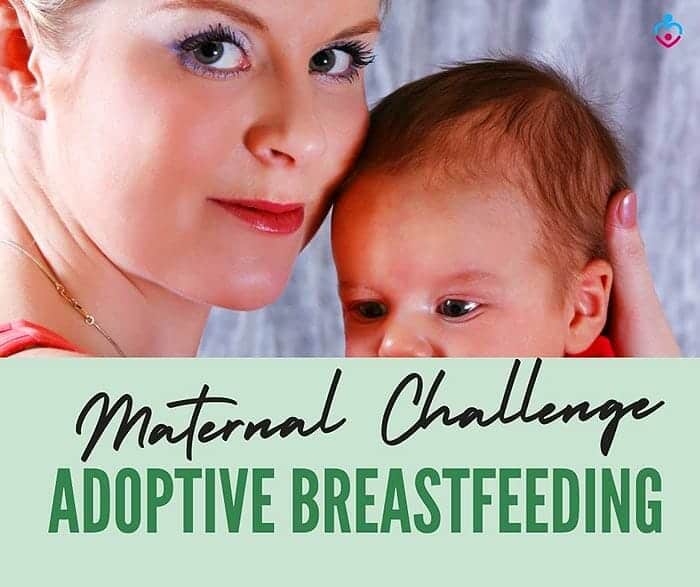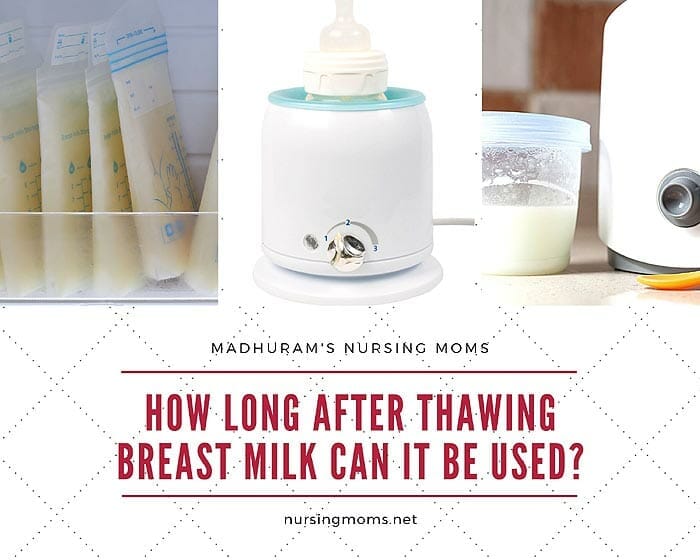
Adoptive breastfeeding is not as common as regular breastfeeding, but there are very few differences in the process. Once you start producing milk, breastfeeding your baby will not be an issue. You will not feel any difference between nursing your biological baby and nursing your adopted baby.
But, we will address all the aspects and situations you should be aware of in such a case!
Jump to:
Adoptive breastfeeding if you were never pregnant or gave birth
Breastfeeding a baby if you were never pregnant can be particularly challenging, but it is not impossible. However, how much milk you will produce will vary in this case.
- Your main concern in this situation will be to start the lactation process. If you were never pregnant, your body would not start producing milk with no extra help, so you will have to stimulate your breasts in this regard.
- To start lactation, you will need to latch your baby to your breasts often, meaning every two to three hours in the first phase. In between these nursing sessions, it might help if you use a breast pump to increase stimulation.
- Patience is vital if you want to induce lactation because it is a slow process, and you will have to stick to it to see improvements. The time from starting to pump until you see some milk coming out of your breasts could be anywhere from a few days to a few weeks. This is why most adoptive mothers start preparing their bodies for lactation weeks before they get the baby.
- Don't worry if you start producing milk before you get your baby, as you can easily store it in the fridge or in the freezer for further meals.
- As for the quantity of milk you end up producing for your baby, it is essential to not worry if this is not enough. Any amount of breastmilk will contribute to your baby's health and will strengthen their immune system.
- Some adoptive mothers can breastfeed exclusively, but some mothers need to rely on formula to complete the baby's meal.
Suggested Reading:
![]()
Adoptive breastfeeding if you are already nursing your biological baby
For mothers that are already nursing a baby, adopting another one and nursing them a well will not be as challenging. Your body will adapt fast because you need to feed two babies instead of one and start producing more milk.
- Stimulating your breasts is crucial in this situation as well. If you have a biological baby and an adopted baby to nurse, you might not need any pumping in between feedings as your two babies will stimulate your breasts enough.
- However, if one or both of them seem to have trouble latching and sucking correctly, it is recommended to use a pump to stimulate not only milk production but also avoid breast engorgement.
Suggested Reading:
![]()
Benefits of adoptive breastfeeding
Regardless of your situation, nursing your adopted child can bring a wide range of benefits for both of you.
- Your baby will have a stronger immune system if they get a few nursing meals a day. So even if you can't breastfeed them exclusively, any breastmilk meal will benefit your child.
- Through nursing, you create a unique bond with your baby. Skin-to-skin contact can create a great connection between a mother and her child. You want to hold your baby close to you like that even if you are not nursing them or using a bottle. They will feel safe and more protected by you, and they will learn to trust you at an emotional level.
- Mothers who breastfeed have a better hormonal balance. Lactation has its benefits for you as a mother too. For once, it maintains a hormonal balance that your entire body will benefit from, and it keeps you engaged with your baby at a more intimate level.
Suggested Reading:
![]()
If you find yourself in one of the situations that require adoptive breastfeeding, don't hesitate to talk to a lactation consultant. With proper guidance, you might even be able to breastfeed your baby exclusively. But patience and determination are essential factors in this process.
To succeed, your heart has to be entirely in it, especially if you were never pregnant.
![]()




